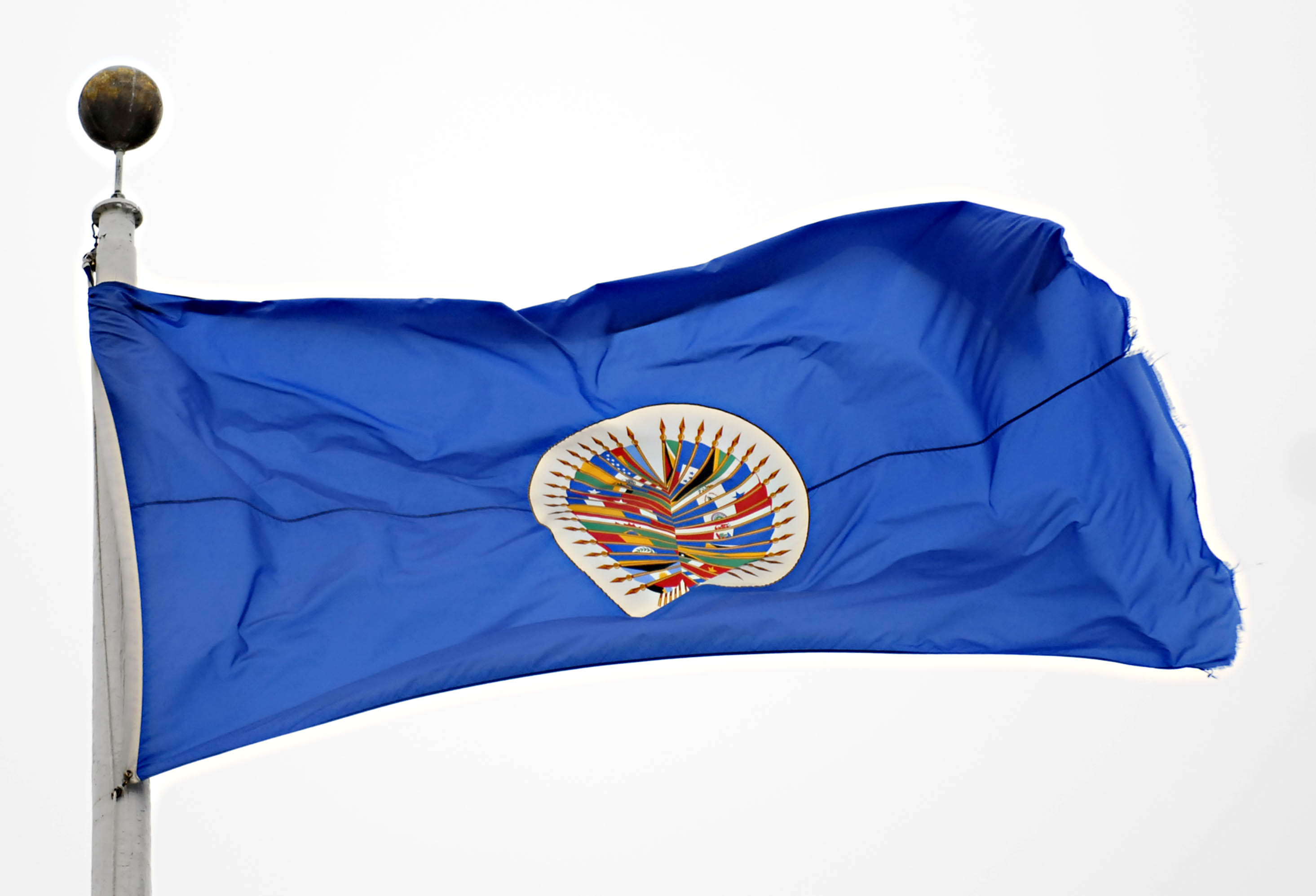From reform to bankruptcy
How Brazil and other countries from the region have left the Inter-American Human Rights System on the verge of collapse

The IACHR (Inter-American Commission on Human Rights) is asking for help. James Cavallaro, president of the leading body for the promotion and defense of human rights on the continent, went to the press in May to communicate the imminent layoff of nearly 40% of its staff and the probable interruption, starting in August, of its main activities. “We are on the verge of collapse like never before,” he wrote in an article published in the Spanish newspaper El País.
Cavallaro was referring to the chronic financial crisis that is affecting the IACHR and that has worsened since European countries, responsible for a significant part of the organization’s funds, announced that they would redirect their international aid to relieving the humanitarian crisis facing refugees on the continent.
To identify the culprits for the crisis, however, it is not necessary to cross the Atlantic.
Read more
Today, nearly 50% of the IACHR’s budget comes from voluntary transfers, which include donations from public and private international organizations, but primarily from members of the OAS. Last year, only nine of the 34 countries that form the organization donated to the Commission. The total amount of these transfers, of US$2.27 million, is not even enough to cover personnel costs.
The other portion of IACHR funding comes from a fixed allocation of 6% the OAS’s budget in the form of “regular funds”. These funds are formed by the payment of mandatory quotas by each member of the organization. The quotas vary in accordance with the size of each country’s economy.
As illustrated in an article published by Conectas in 2015, after a long period of debates on the limitations and challenges known as “the process of strengthening the Inter-American Human Rights System”, countries from the region reached a consensus that the financial sustainability of the Commission required a gradual substitution of voluntary transfers (primarily those allocated to specific areas of the IACHR’s work) with regular funds, and they agreed to increase the size of the quotas.
The promise was never kept. Instead, countries like Brazil failed to pay their mandatory quotas, creating a hole in the budget of the OAS.
A partial balance sheet from 2015 published in May reveals that, by September of last year, the debt of States to the OAS was US$24.5 million. The Brazilian government alone failed to pay US$10.2 million in quotas from 2015 and US$5 million from 2014. Payments by Brazil represent 12.4% of the regular funds.
The countries had until December 31 to make the transfers. If the figures are confirmed, the amount received in regular funds will be 18.6% lower than 2014 and the deficit will be the largest in five years.
According to the authors of the article, although an increase in regular funds from the OAS to the IACHR is necessary, as the difficulties guaranteeing the payment of the quotas has shown, this is a long-term measure. Voluntary transfers, preferably without being earmarked for a specific purpose, would be the solution in the short and medium term to ensure the functioning of the Commission – and the Brazilian government has also failed in this sphere. Its latest donation, in the amount of US$10,000, was made in 2009.
“Brazil’s situation is illustrative: although the country supported the substitution of donations with regular funds, it is one of the most delinquent in its payment of mandatory quotas, which directly impacts the transfers. Meanwhile, it has also not made voluntary donations directly to the IACHR for seven years, undermining the functioning of the Commission also in the short-term,” explained Camila Asano, coordinator of the Foreign Policy program at Conectas.
“Our debt to the OAS is much more than financial – it’s moral. Without real political will, it won’t be possible to maintain the financial sustainability of the Commission. And society will lose because, for many victims of violations, it is the last resort for seeking justice,” said added.
- Mercosur
On May 27, a letter signed by 350 organizations from across the continent calling for a commitment from countries to the financial rescue of the IACHR was read at the Meeting of High-Level Human Rights Authorities and Foreign Ministers of the Mercosur and Associated States (RAADH), held in Montevideo, Uruguay. The pressure had an effect: the countries agreed to find solutions for the crisis. Argentina, Brazil, Chile, Colombia, Paraguay and Peru also announced a special declaration recognizing the importance of the work of the Commission.
- Click here to read the letter signed by the civil society organizations.






